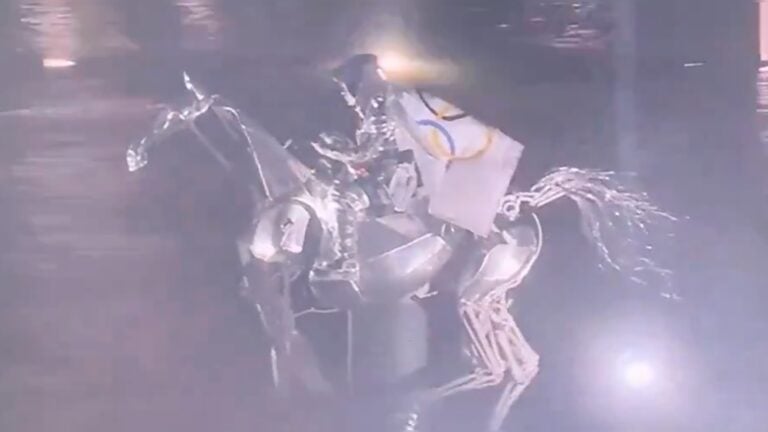By Craig Murray
Flying from Rome on a bright Sunday morning, the MEA Airbus was configured for about 300 people. About 20 of us boarded to fly to Beirut. It is a very strange feeling to be on an almost empty commercial airliner, particularly as nearly all of the small number of passengers were in business class, leaving economy class barren.
Two Christian priests traveling economy, with impressive beards and pillarbox hats, were rescued by the hostesses before takeoff and moved forward to business. The flight was entirely uneventful, except that for some reason it served no alcohol, which is new to MEA. Niels suggested they had been warned about us!
We have all seen photos of Israeli bombing near the airport as MEA flights come in to land, but our approach was untroubled and we could not spot any bomb damage in the vast sprawling vista of Beirut as we came down.
<snip>
Heading out into the car, we immediately heard the Israeli drones circling overhead.
I want you to understand how loud this noise is. You do not have to strain to hear it; rather it is impossible to block it. You can still hear it even over heavy traffic.
It is far louder than a normal light aircraft at that height, and the noise must be a deliberate feature, an instrument of psychological warfare. I suppose the comparison would be the deliberate screeching of Stuka dive bombers, although the quality of sound is very different.
To come into a city which is under active bombardment, where dozens of people are killed every single day, is not entirely a comfortable feeling. Particularly when journalists are deliberately and systematically assassinated by Israel and, not to put too fine a point on it, the Israelis are not particularly keen on me.
The large Israeli drones carry a range of unerring missiles, have state-of-the-art surveillance and target-locking capability and can be triggered to fire by AI without human intervention. I would be lying if I pretended that on this first occasion the hairs were not standing on the back on my neck.
But you get used to it.
<snip>
Hezbollah also runs extensive health, welfare and infrastructure functions in the predominantly Shia districts, particularly in the South of the country, and these functions and institutions are organically interwoven with the official Lebanese state in a hundred different ways.
So doctors, professors, ambulance drivers, journalists and teachers may be designated “Hezbollah” by Israel, in an exact parallel to the situation with Hamas in Gaza.
So the “terrorist target” Israel is eliminating by bombing an apartment block, with the deaths of forty other people, may not have any military function at all. They may be an ambulance driver. In fact that is one of the most likely possibilities. As in Gaza, Israel is systematically eliminating healthcare workers. In 40 days, it has killed over 200 paramedics in Lebanon. That is five a day on average.
We take a road which bounds Dahiya and, looking into the area, startlingly, the destruction is extremely extensive. Block after block after block of apartments has been levelled. In one place the bomb crater is simply massive, a great deep hole you could fit dozens of buses in, several buses high. It is hard to comprehend the power of such an explosion.
The one building we see which is not residential and which has been bombed is a hospital. It looks gutted with shattered windows. I cannot particularly recall having seen this reported in the West.
It is a deeply sobering experience. We arrive back to the hotel in pensive mood, and take a gin and tonic in the courtyard, as the refugees huddle and the drones buzz overhead. I am awoken by loud explosions in the night, and the next day the smoke is still billowing into the air, rising up about a kilometre from our hotel, and the acrid smell and taste will not wash away.
Read entire piece here:
https://www.craigmurray.org.uk/archives/2024/11/two-weeks-in-beirut/

Recent Comments